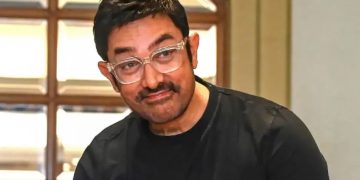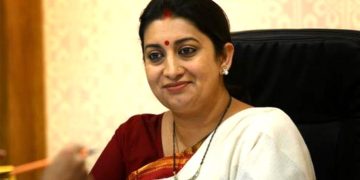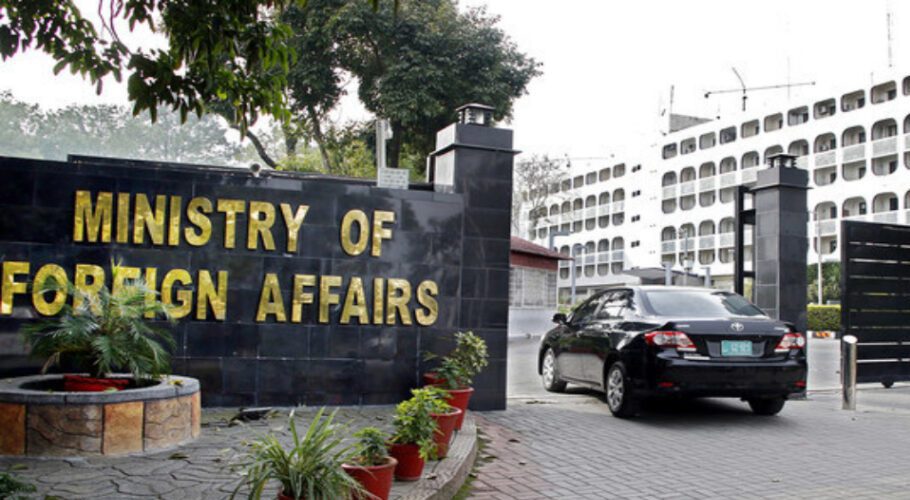Former Prime Minister of Pakistan and the leader of the Pakistan Muslim League-Nawaz (PML-N), Mian Nawaz Sharif, has returned to the country upon strong insistence from the party leaders and workers, while his previous claims of returning to the country had proven ineffective, much like writing on water. Following the arrangements for his arrival at the airport and his speech at Minar-e-Pakistan, the question has arisen about the possibility of Nawaz Sharif becoming the Prime Minister of the country for the fourth time. It feels as though, under the presented circumstances, Nawaz Sharif might soon find success in navigating through legal complexities.
It is equally important to assess the reasons behind Nawaz Sharif’s self-imposed exile due to illness and treatment. What were the circumstances, and what were his political ideologies at that time? When Nawaz Sharif left the country, the current situation is significantly different, and it appears that whatever relief Nawaz Sharif is finding is primarily through legal avenues and the judiciary. Additionally, the prosecution’s leniency is proving instrumental in facilitating his return, portraying an active role in the current scenario.
Furthermore, critical questions arise concerning whether the courts, in pronouncing the sentence before, duly considered the procedure based on justice. Considering the background of these presentations, the Pakistani military institution holds an important role, as in the prevailing circumstances and economic crises, the military’s assistance cannot be overlooked. At least it is known that if the Pakistani military has no interest in Nawaz Sharif’s return, no objections will be raised. Instead, it might even bring advantages to the present political landscape, possibly favoring the PML-N.
The most significant negative impact against the PML-N emerged during the era of the government that was established during Shehbaz Sharif’s term, after successfully surviving an apparently constitutional no-confidence movement against Imran Khan in April 2022. He became the 23rd Prime Minister of the country and relinquished power in August 2023, heading the interim caretaker government, led by Prime Minister Anwar ul Haq.
Shehbaz Sharif’s government failed to provide relief to the public, and during this period, inflation reached unprecedented levels, not anticipated even in the previous government’s time. Still, the PML-N hopes that by highlighting Nawaz Sharif’s return and chanting slogans against inflation, they can secure success during the upcoming elections. If we analyze Nawaz Sharif’s role as Prime Minister, attention was given to improving the country’s infrastructure. The PML-N government aimed to liberalize trade and transition the country away from an agrarian economy towards industrial development.
In 2019, Nawaz Sharif was sentenced to 7 years in prison for corruption charges. Before that, he was removed from the position of Prime Minister, but this was the first time in history that his imprisonment was postponed on medical grounds for leaving the country.
After the suspension of the sentence, Nawaz Sharif traveled to the UK for medical treatment and returned home on October 21 when his condition improved. On the other hand, Chairman of Pakistan Tehreek-e-Insaf Imran Khan faces a distinct political situation and challenges. On a global level, during Imran Khan’s tenure, Pakistan’s relations with India and the United States were strained to some extent, whereas Nawaz Sharif maintained a different approach to better relations with India and other neighboring countries. Even with the US, during Nawaz Sharif’s government, such tension was not observed, like waiting for a call from the US President and then stating that if Joe Biden does not want to talk to Imran Khan, he should not.
As a former Pakistani ambassador, my incomplete opinion is that refraining from hostile remarks on diplomatic fronts is better because relationships between countries are not established or resolved as quickly as domestic policies are formed. It involves prolonged effort and negotiations. It seems that an issue like that of Nawaz Sharif could be better managed by Pakistan’s foreign policy on the diplomatic stage compared to the PTI government. This is an acceptable situation for neighboring countries and the US. However, dealing with the increasing complexities in foreign affairs will not be an easy task.
The establishment also appears interested in correcting Pakistan’s foreign relations. Undoubtedly, better foreign relations, trade, investment, and a thriving economy are the main focus of any country. It indicates that if Nawaz Sharif participates in the election with slogans for better foreign relations, the PML-N could emerge in a better position on the political horizon.
It is entirely possible that in future elections, Nawaz Sharif may win, and the premiership may also become his fate. However, it should also be realized that if the idea of getting attached to any political party’s wall is established, the majority of the public will not accept the election results. Fair, impartial, and unbiased conduct of the forthcoming general elections is imperative to cleanse the country from any disputes or allegations and bring an end to the prolonged uncertainty prevailing in the country for several months.


























